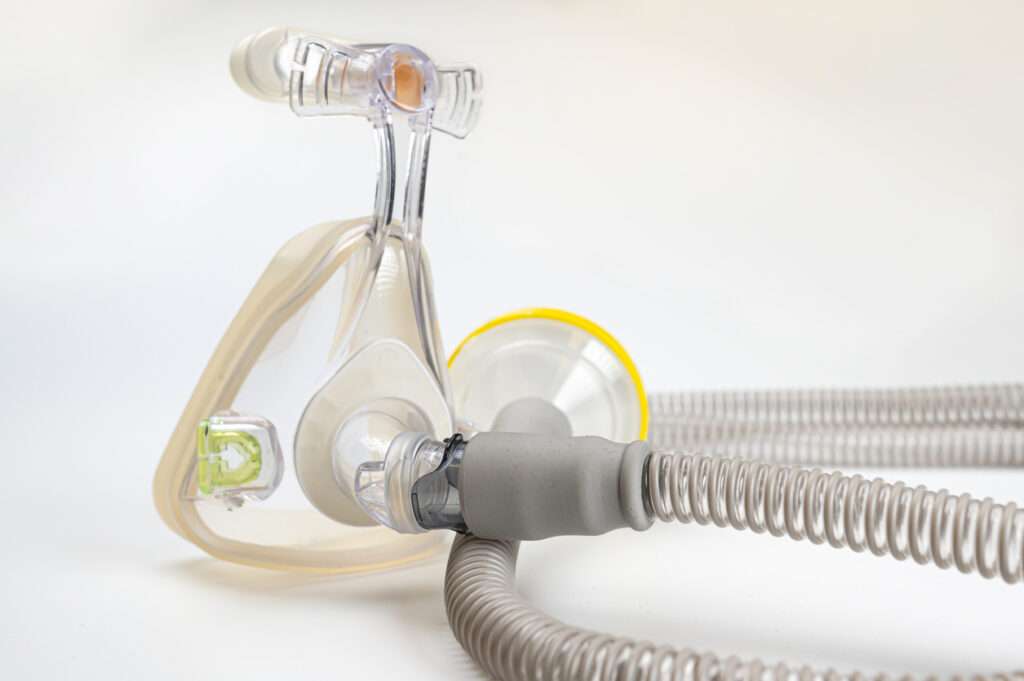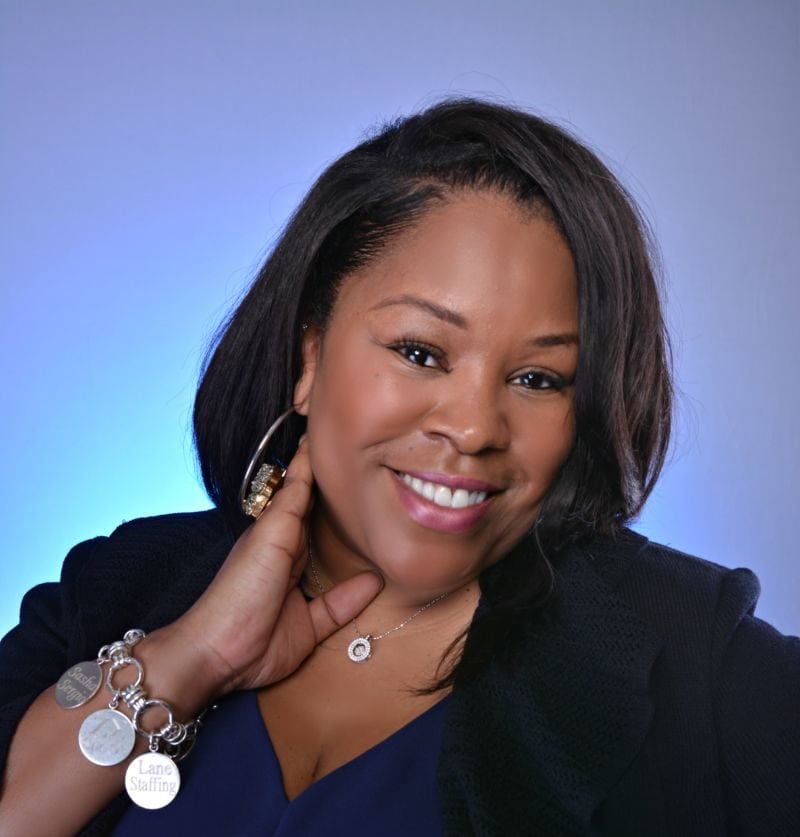Do you snore? You may be tempted to dismiss it as an annoying but nonserious condition. You may even have a family history of snoring or think of it as an unavoidable side effect of aging. However, snoring is often the first sign of sleep apnea.
What is sleep apnea?
Sleep apnea is a sleep disorder that causes a person to repeatedly stop and start breathing. If you snore or feel tired even after adequate sleep, you may have sleep apnea. If left untreated, the condition can have a major impact on your health and quality of life.
How sleep apnea affects you
Sleep apnea can affect your life on a daily basis. For example, because of the lack of quality sleep, you can experience daytime drowsiness, which can increase your risk of a car or workplace accident. You may also feel irritable and have difficulty concentrating.
Also, sleep apnea can increase your risk of other health conditions. According to the National Council on Aging, these conditions include:
- Type 2 diabetes
- High blood pressure
- Heart problems
- Kidney disease
- Stroke
- Liver problems
- Sexual dysfunction
How can you treat sleep apnea?
There are several sleep apnea treatments. A safe, effective and simple treatment option to consider is a custom oral appliance therapy (OAT) device. OATs are comfortable, easy to use and work well to treat sleep apnea in a nonintrusive manner. When the mouthpiece is inserted, it holds your jaw or tongue in a stable position, opening your airway to help you breathe during sleep.
Another sleep apnea treatment you may be familiar with is a continuous positive airway pressure (CPAP) machine. A CPAP opens your airway and provides constant, steady air pressure through a mask to help you breathe while you sleep.
Depending on the severity of the condition, a doctor may recommend hypoglossal nerve stimulation (HNS). This treatment requires surgery to implant a device that stimulates a nerve under the tongue to keep the airway open.
CPAP and HNS can be effective sleep apnea treatments. That said, they are invasive and are associated with some health risks. Recently, certain CPAP machines have been recalled because of reports of serious injuries. An HNS implant was also recently recalled because of electrical malfunctions that rendered the device ineffective and dangerous to users.
Why you should choose Oral Appliance Therapy

Before you try CPAP or HNS, consider asking your doctor to prescribe you a custom OAT. A custom OAT is fitted to your mouth and engineered to precisely track your treatment plan and unique anatomy. With the help of a sleep physician and qualified sleep dentist, you can get fitted for a custom device to address your sleep apnea symptoms.
There are over-the-counter OATs that you can purchase online or at your local pharmacy. However, these devices are not as effective at managing sleep apnea as custom devices. When prescribing an OAT, the American Academy of Sleep Medicine recommends using a custom product over a non-custom appliance. The academy’s research suggests that custom OATs increase oxygen saturation to a greater extent than non-custom OAs. Furthermore, treatment with custom oral devices is a covered benefit for most medical insurance plans and Medicare. The over-the-counter OATs are not covered.
It’s time to take control of your sleep!
By: Brandpoint








